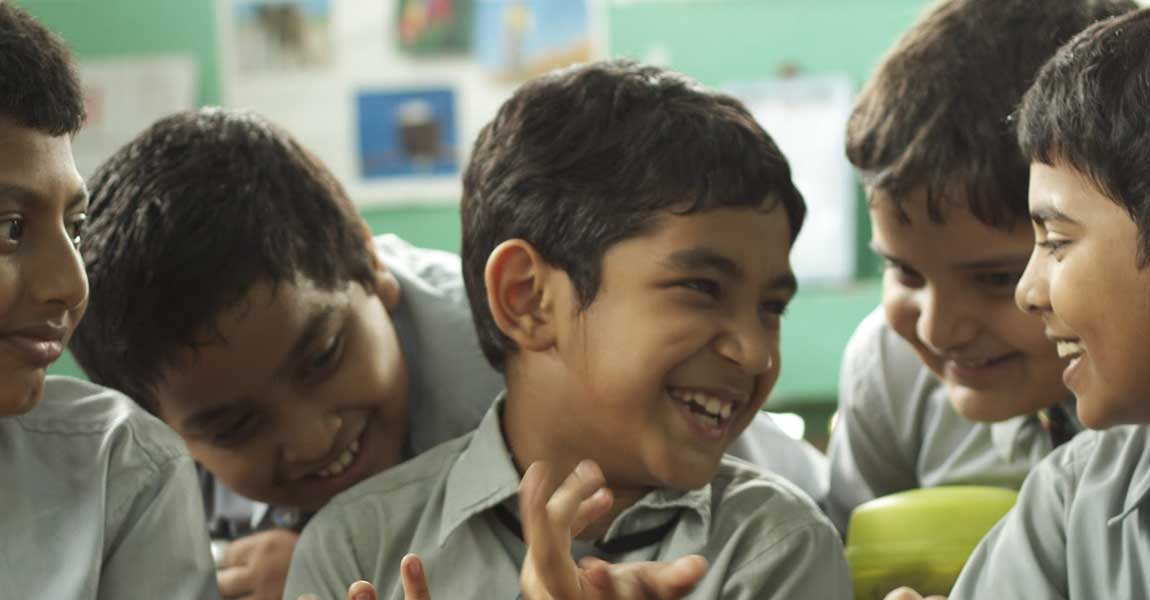Sep 14 2016.
views 322Children come equipped with their own different personalities. Even in a family where likeliness should match, your children's personalities will be different. Some are easier to manage than others.
Also, as your child enters 'Big School', he/she is more attuned to his/her emotions but still not completely in control of expressing themselves properly. This inadequacy in understanding might cause them to become disruptive children, through anxiety and fear.
A quiet child at home might display different behaviour at school and vice versa. Either way, disruptive children are not 'bad' children; they need to be understood better and the root of the matter should be dealt with.

Here are some tips to keep in mind when dealing with disruptive children.
1. What did they watch on T.V? Nowadays, T.V has taken a shift from the early innocent cartoons that we used to watch. There is underlying violence and the more T.V children watch, the more destructive behaviour they absorb from it. Have control over what your child watches and try and encourage educational programmes rather than mindless cartoons.
Dr. Malathi Kahandaliyanage - Consultant Education and Behaviour Therapist says that research by psychologists L. Rowell Huesmann, Leonard Eron and others starting in the 1980s found that children who watched many hours of violence on television when they were in elementary school tended to show higher levels of aggressive behaviour when they became teenagers. Physiologists Douglas Gentile and Brad Bushman, among others, suggested that exposure to media violence is just one of several factors that can contribute to aggressive behaviour.
- Extract from American Psychological Association
2. What did they eat? Unknowingly, by the time it is lunchtime, your children would have consumed copious amounts of sugar - from the sugary cereal, the sweetened juice to the bursts of sugar in their midday snacks. By the end of the day they are like sweet induced, bubbling hot volcanos about to burst, resulting in tantrums and tears. Try and keep a track of the amount of sugar your children eat; you will slowly see a difference in their behaviour.
3. Emotions: Children are still developing mentally and physically and some are quicker to deal with the different feelings they feel, but others might not be. This will make them disruptive and aggressive. Teach them ways to face their emotions; to process them effectively.
4. Feeling overwhelmed: Big School offers more challenges; some children might find it overwhelming to organise, plan and prioritise activities. This will result in them acting out.
5. Labelling: When a child is labelled as being disruptive, they start to believe that they are. Usually there is some contributing factor, so be careful with constantly referring to your children and how they behave. Positive reinforcement will always result in a happier child.
Dr. Kahandaliyanage says most disruptive behaviours can be turned into positive behaviours by understanding why the child is behaving in that manner and teaching them appropriate behaviour strategies by using cognitive behaviour therapy. Teaching children that there are consequences for actions and that we all need to take responsibility for our actions is the key to understanding how one should act.
Expert Advice provided by

Written by Mayuri Jayasinghe based on an interview with Malathi Kahandaliyanage, Consultation Education and Behaviour Therapist
0 Comments